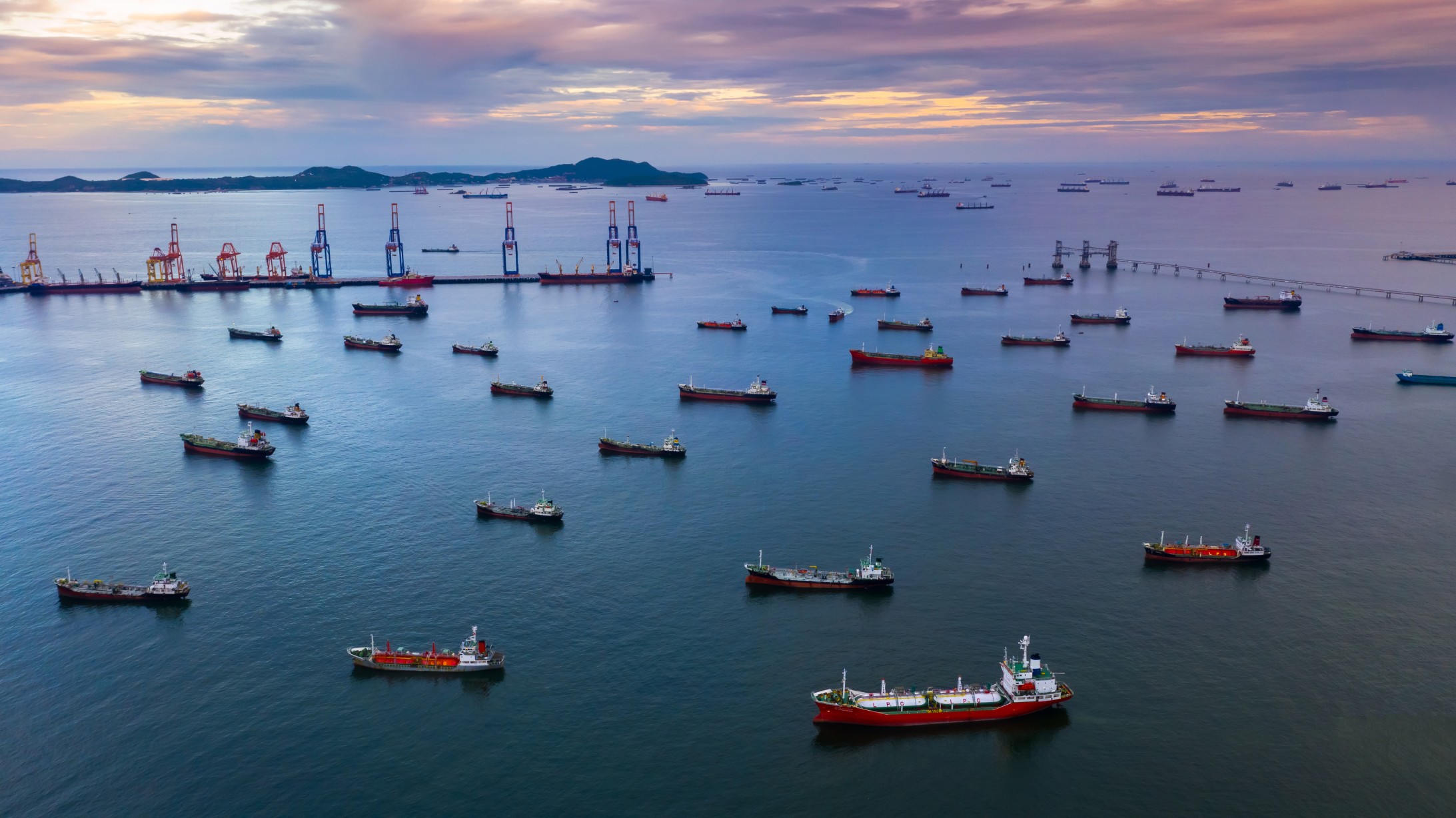In the vast expanse of the world’s oceans, where shipping lanes stretch for thousands of miles, fleet management plays a critical role in ensuring the smooth operation of global trade. As the maritime industry adapts to the challenges of today’s interconnected world—rising fuel costs, environmental regulations, and safety concerns—technology has emerged as the compass guiding fleet operators toward efficiency and sustainability.
The Heart of Maritime Operations: Fleet Management
Managing a fleet of ships isn’t just about tracking vessels; it’s about orchestrating an intricate dance of logistics, compliance, maintenance, and crew management. Imagine a global shipping company with hundreds of vessels moving across different time zones, through unpredictable weather, and docking at ports governed by diverse regulations. The stakes are high, and the margin for error is razor-thin.
In the past, fleet managers relied on spreadsheets, radio communications, and paper logs to manage their operations. But today, the evolution of digital technologies has reshaped how fleets are managed, offering real-time data insights and automation that were once unimaginable.
Real-Time Tracking: Visibility Across the Oceans
At the core of modern fleet management is real-time tracking. Advanced GPS systems, paired with satellite communications, provide fleet managers with 24/7 visibility of their vessels, no matter where they are in the world. This visibility is essential not just for monitoring the location of ships, but for tracking their performance—fuel consumption, engine health, and even weather patterns can all be monitored remotely.
Take, for example, a shipping company operating in the Pacific Ocean. By using real-time tracking, the fleet manager in London can monitor the performance of each vessel, rerouting them to avoid storms, optimizing fuel consumption, and ensuring that each ship arrives on schedule. This kind of data-driven decision-making reduces operational costs and minimizes the environmental impact of shipping.
Maintenance and Predictive Analytics: Preventing Problems Before They Happen
In the maritime industry, unscheduled maintenance is a costly disruption. When a vessel experiences engine failure or other mechanical issues, the downtime can lead to delays that ripple across the entire supply chain. This is where predictive analytics and IoT (Internet of Things) sensors come into play.
IoT sensors installed on critical components of a ship, such as the engine, monitor the health of those parts in real-time. Predictive analytics software analyzes this data and predicts when maintenance will be required before a breakdown occurs. By scheduling maintenance proactively, fleet managers can reduce downtime, avoid expensive repairs, and extend the lifespan of their vessels.
Imagine a cargo ship en route to a port in Asia. With predictive maintenance software, the fleet manager receives an alert that the engine’s performance is declining and maintenance is needed in two weeks. Instead of waiting for the engine to fail mid-voyage, the ship is directed to a port where maintenance can be performed, ensuring that the ship remains on schedule.
Sustainability: Meeting Environmental Regulations with Smart Solutions
The maritime industry is under increasing pressure to reduce its environmental footprint. International regulations, such as the IMO’s (International Maritime Organization) mandate to reduce sulfur emissions, are pushing shipping companies to adopt greener practices.
Fleet management technology offers solutions to these challenges. Fuel optimization systems, for instance, analyze data from various sources—weather forecasts, ocean currents, and cargo weight—to recommend the most fuel-efficient route. By reducing fuel consumption, shipping companies can cut costs while also minimizing their carbon emissions.
Moreover, compliance with environmental regulations is streamlined through automated reporting. Digital systems can automatically generate reports on fuel usage, emissions, and other environmental metrics, ensuring that companies remain compliant with regulations while reducing the administrative burden on staff.
Improved Safety: Protecting Crews and Cargo
Safety is always a top priority in maritime operations. Fleet management technology plays a crucial role in enhancing the safety of crews, vessels, and cargo. Real-time alerts for adverse weather conditions, automatic tracking of crew activities, and the integration of emergency protocols into the fleet management system can help prevent accidents and respond quickly when they occur.
For instance, if a vessel encounters a severe storm while crossing the Atlantic, the fleet manager can use real-time data to ensure that safety protocols are followed, rerouting the vessel to calmer waters and notifying nearby ships. Meanwhile, automated logs of crew activities ensure that everyone on board follows safety regulations, reducing the risk of accidents.
The Future of Maritime Fleet Management: Autonomous Vessels and AI
Looking to the future, the maritime industry is on the cusp of even greater technological advancements. Autonomous vessels, powered by artificial intelligence, are no longer a distant dream. Companies are already testing unmanned cargo ships that can navigate the oceans using AI-driven navigation systems.
While fully autonomous shipping fleets are still years away from becoming mainstream, the integration of AI into fleet management is already transforming the industry. AI-powered systems can analyze vast amounts of data, identifying patterns and making real-time decisions that optimize fuel usage, reduce costs, and enhance safety.
Conclusion: Steering Toward a Technological Horizon
As the maritime industry sails into the future, fleet management technology will be at the helm, guiding operators toward greater efficiency, sustainability, and safety. The ability to harness real-time data, predictive analytics, and AI will enable maritime companies to navigate the complex challenges of modern shipping with confidence.
For fleet managers, adopting these technologies is no longer an option—it’s a necessity. By embracing innovation, maritime operators can reduce costs, enhance safety, and ensure compliance with environmental regulations, all while providing a better service to their customers.

